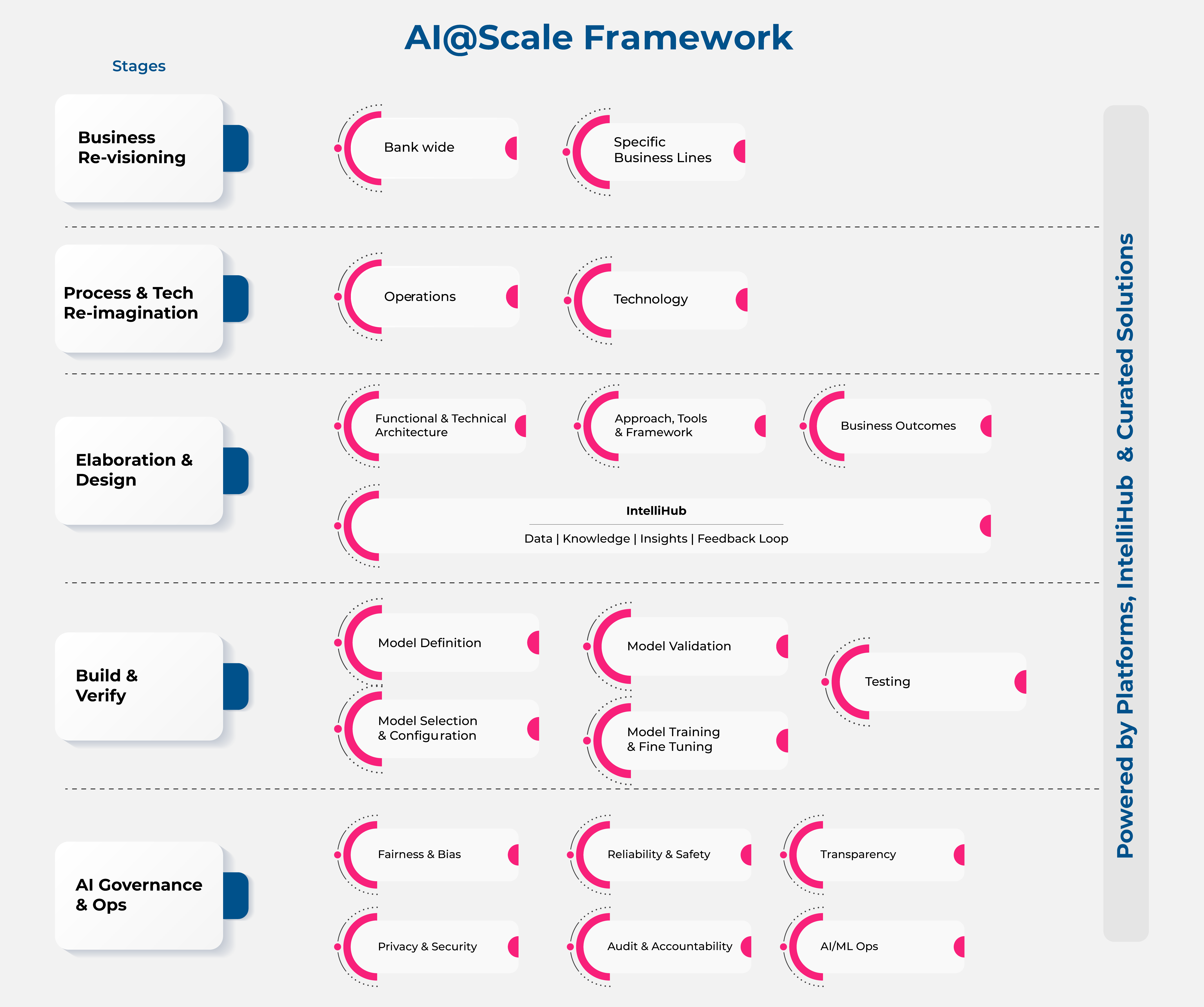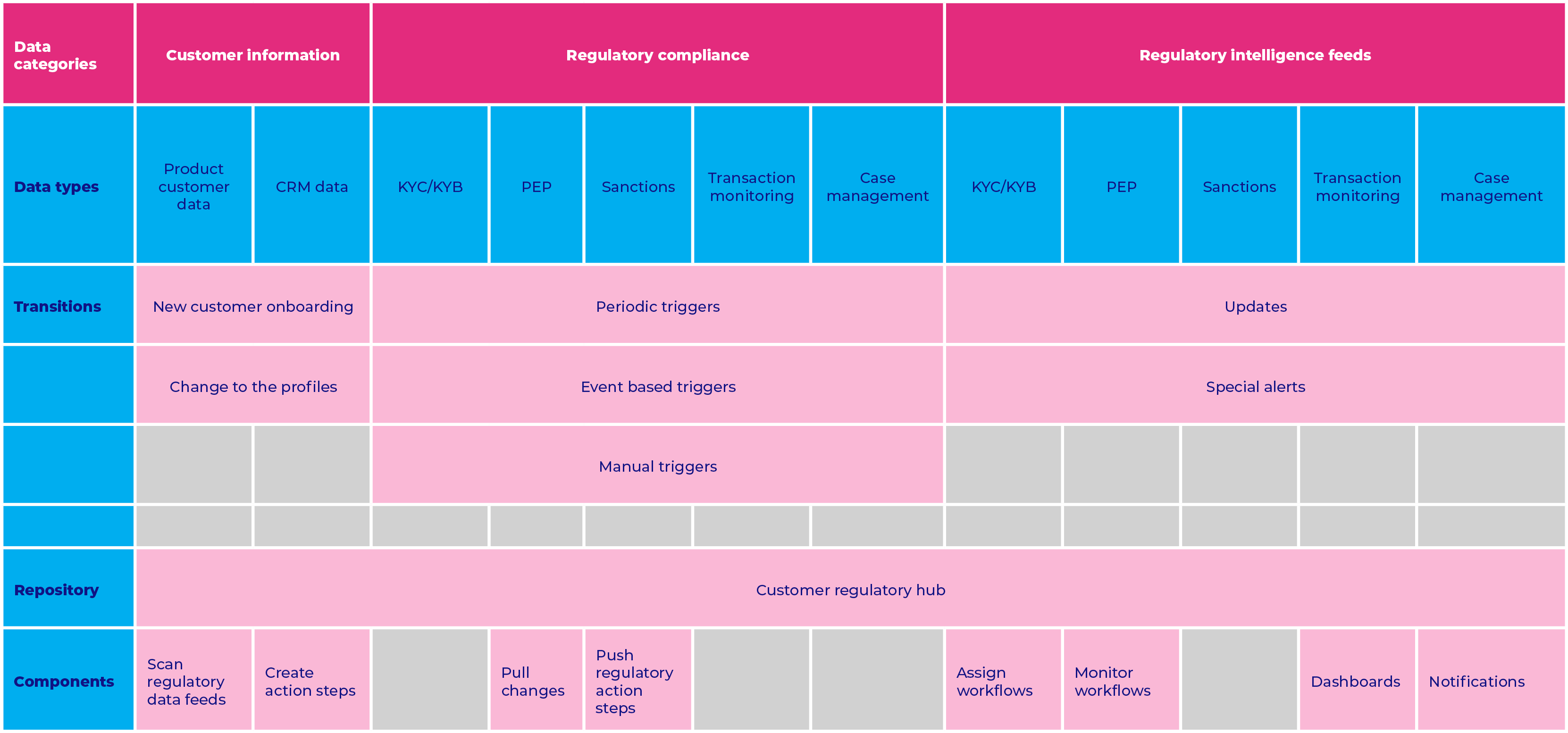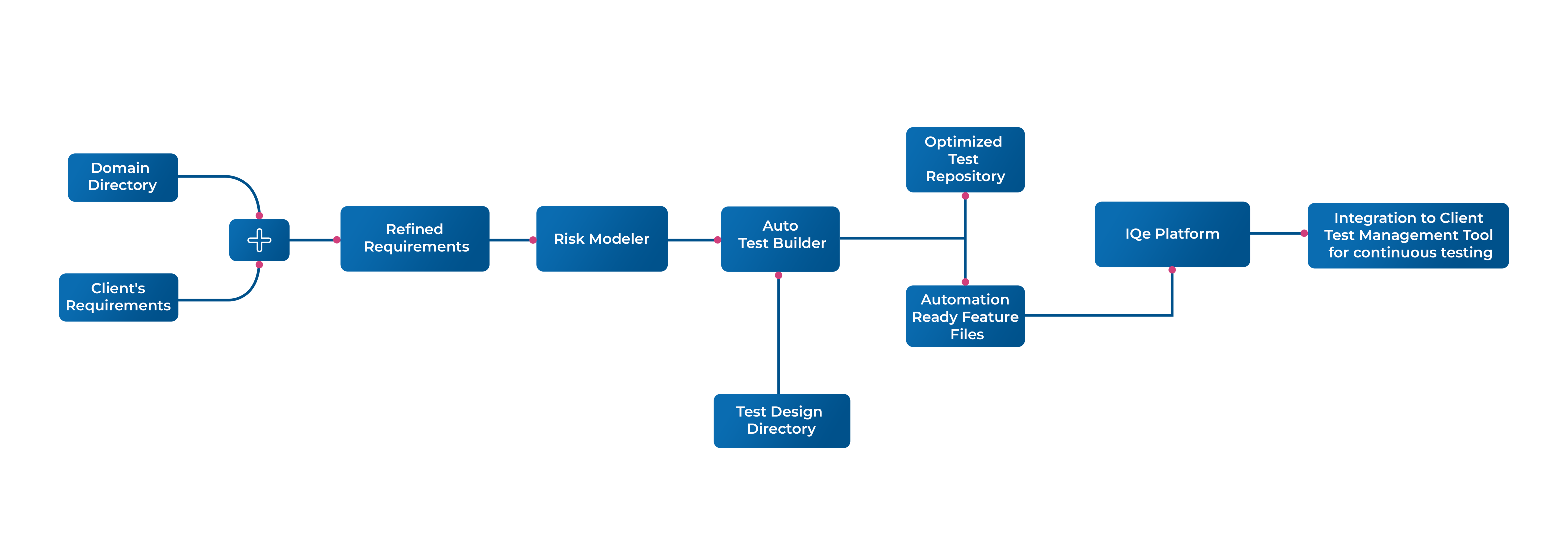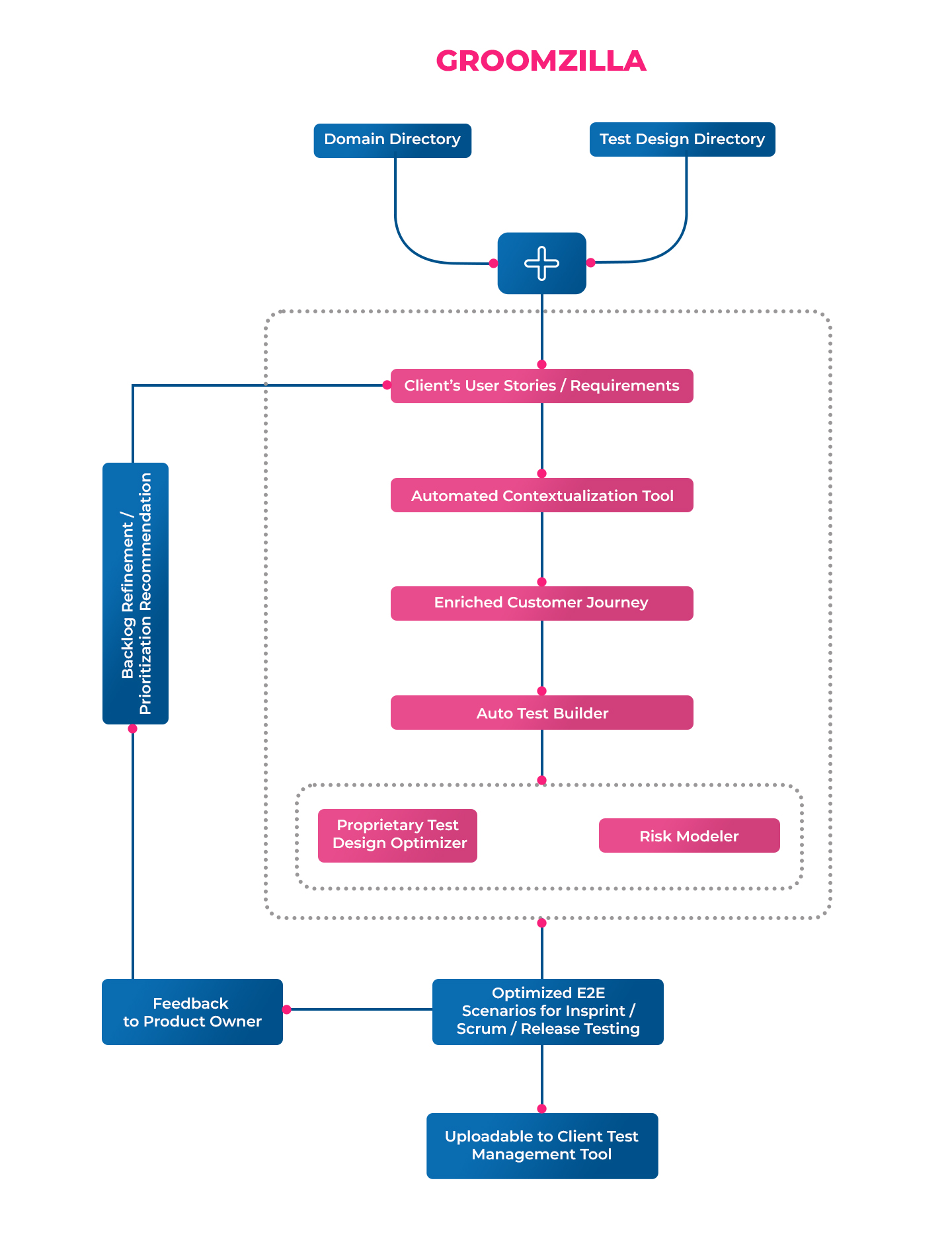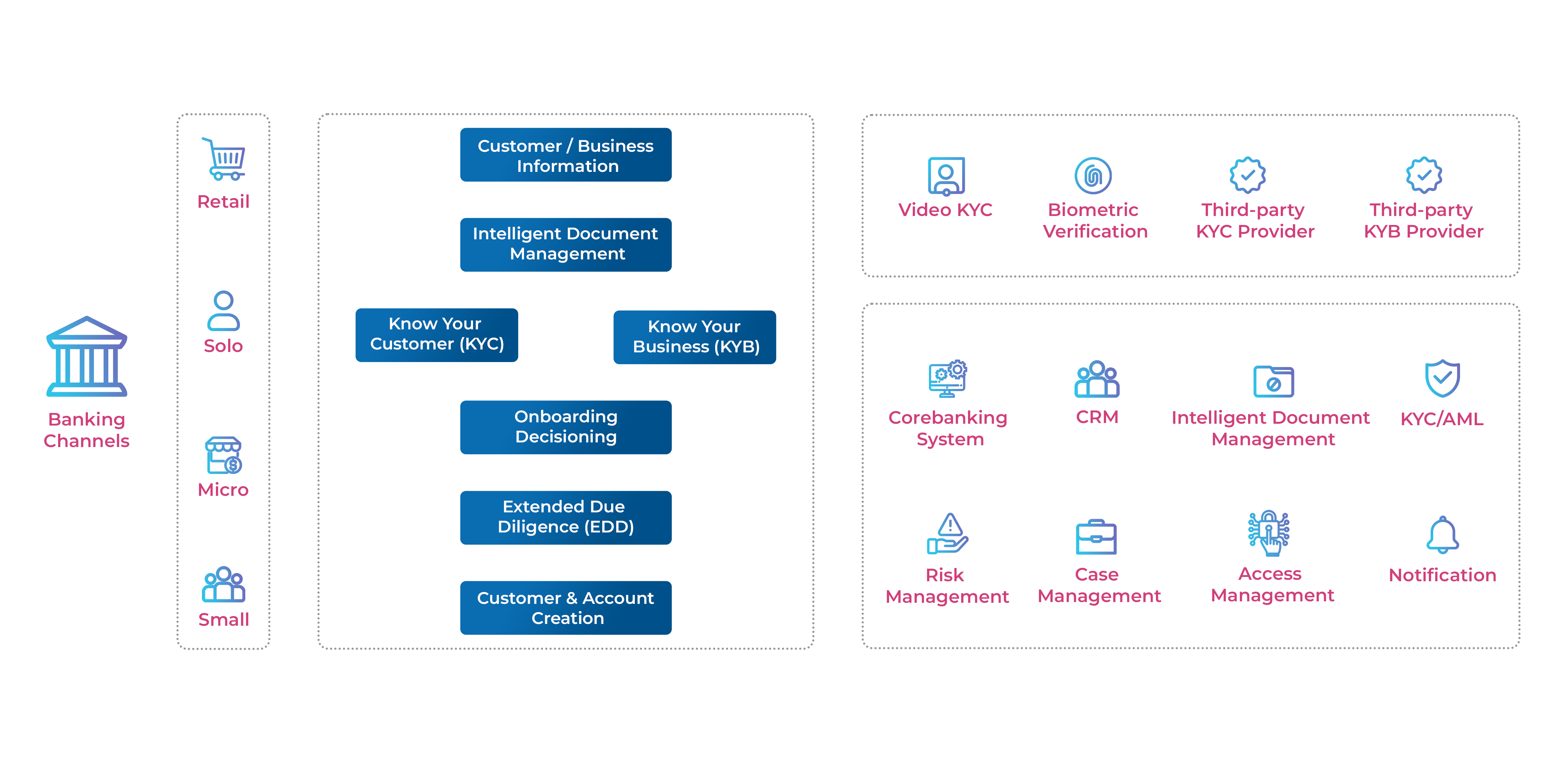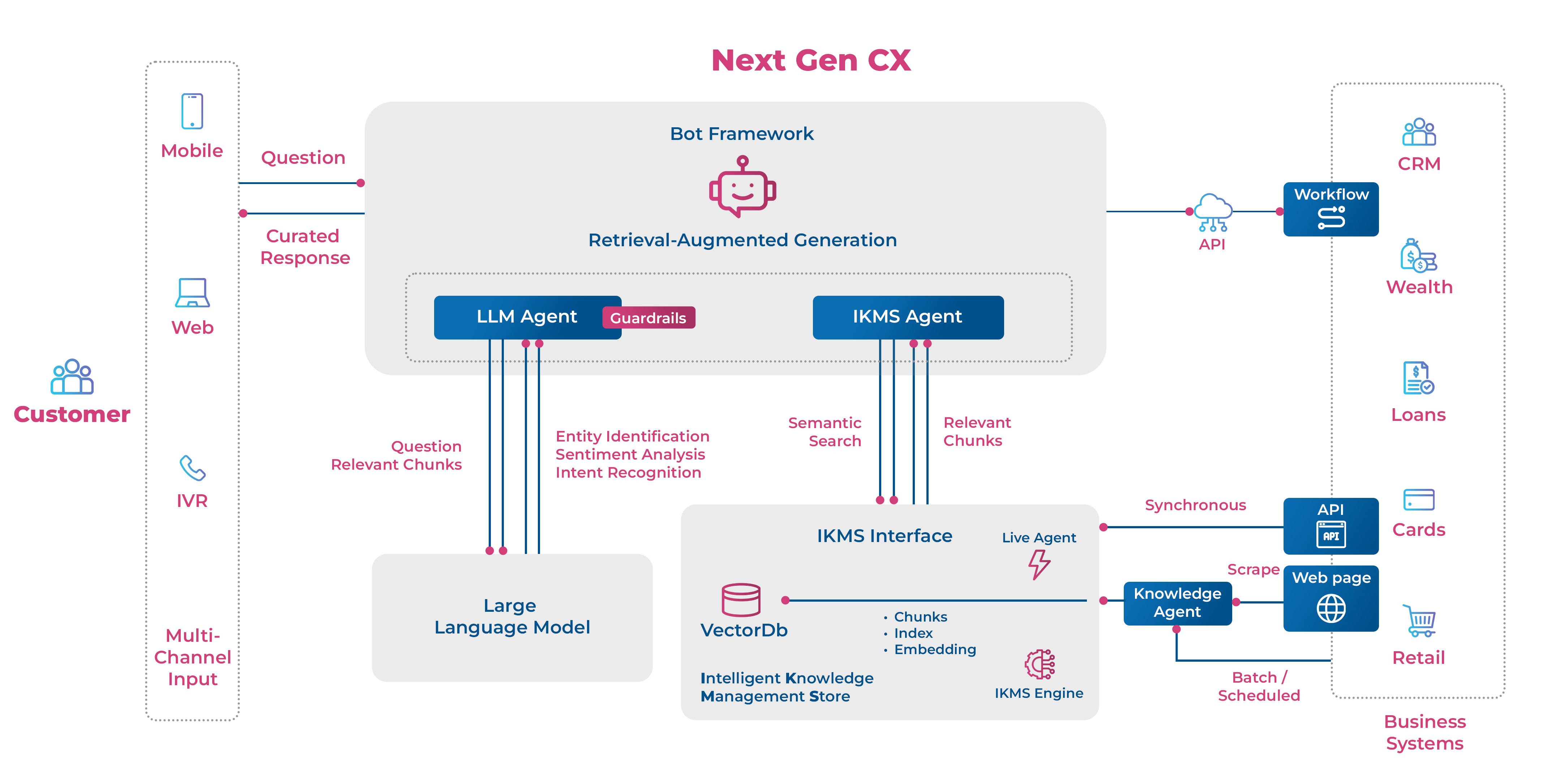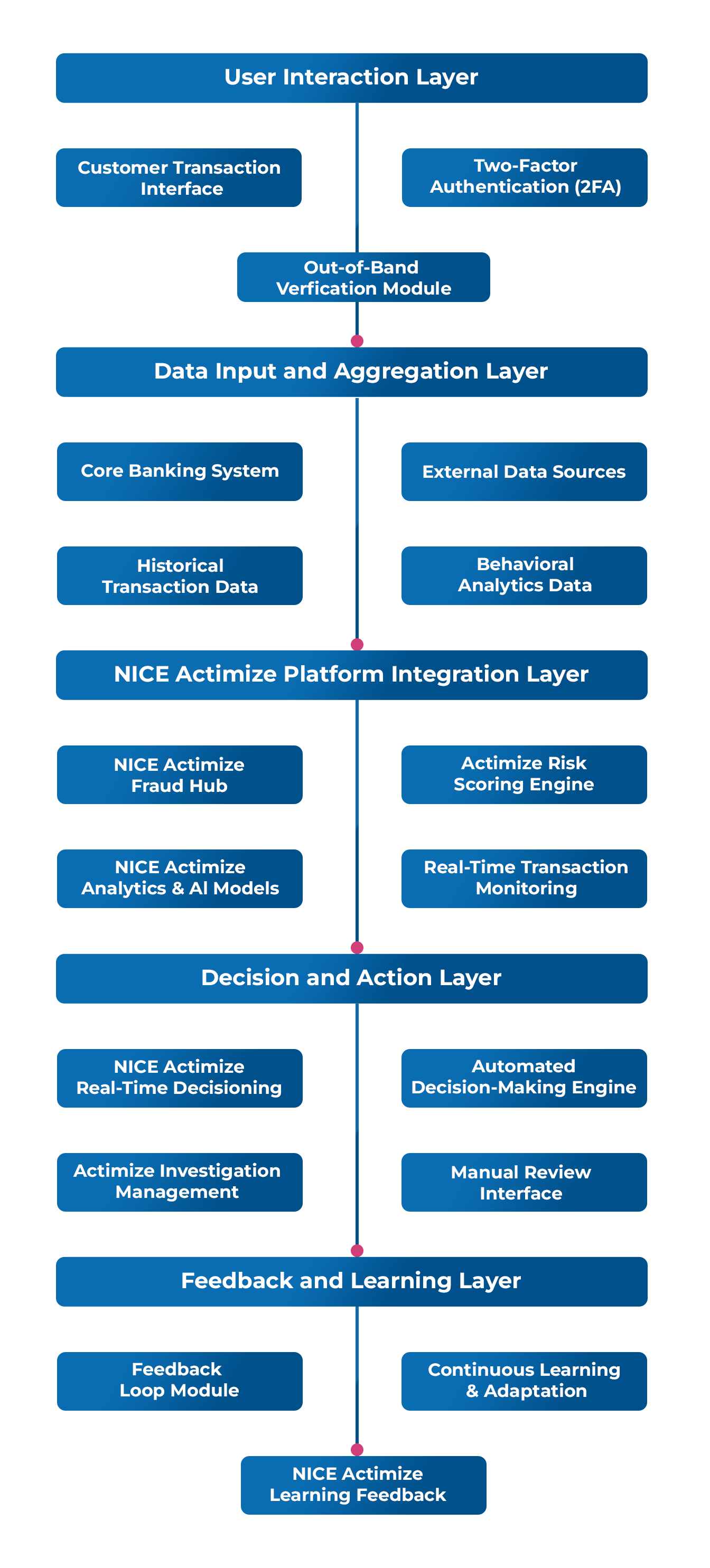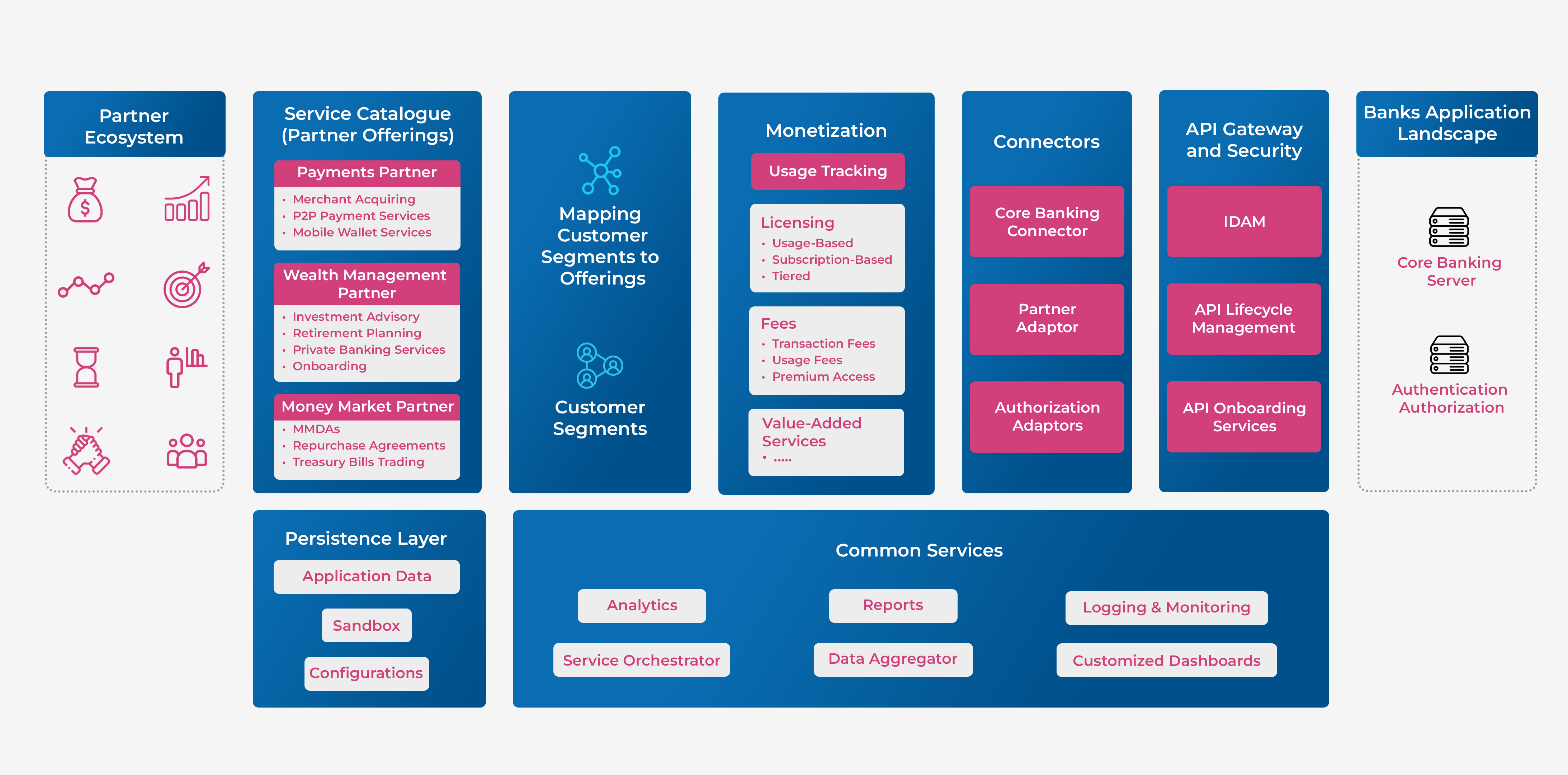Financial services, together with companies in the computer industry, may be ranked among the leaders in DevOps practice maturity. When it comes to accelerating innovation and implementing cutting-edge software delivery techniques like agile, continuous delivery (CD), and DevOps, FIs are at the forefront of change. Several requirements for the financial sector are
- Increased data volumes
- A cross-channel presence that is growing
- Secure, quick data transfers
- Customer centricity.
These form the design principles for consulting engagements for banking technology domain specialists like Maveric Systems.
What is DevOps
DevOps is a set of methods and technologies for streamlining operational workflows, procedures, and pipelines for delivering software.
What are the top three benefits of DevOps?
- Cost Savings. Every industry is trying to reduce costs, and the banking industry is no exception. Here are several ways that DevOps can help save money. Infrastructure as a code allows for implementing template-based solutions instead of wasting valuable development time manually setting up IT infrastructure. Software engineers are more concerned with creating new features than how they are distributed and used. Moreover, reducing infrastructure utilization where it is possible helps bring down costs. Customers pay for what is required at a given time, allowing resource consumption and cost efficiency.
- Process Automation. Process Automation through continuous software delivery pipelines is another DevOps component that improves resource productivity, developer quality, and product management and visibility while enabling velocity and scalability. Companies may monitor the status of all DevOps processes and releases and ensure that they can optimize, direct, and control them by controlling all release processes from a single, central platform and automating end-to-end pipelines.
- Security. This is the main issue that hindered or worried financial services companies in their efforts to undergo digital transformation. Although DevOps’ rapid delivery method was once thought to be a way to undermine security, several financial firms on the move reported security improvement and quicker recovery thanks to DevOps practices. DevSecOps was introduced as an added benefit to ensure complete security integration throughout the pipeline. As a result, several businesses in the sector began to consider DevOps as a resource to handle security.
Agile Methodologies Promote Digital Transformation
To stay ahead of the competition, most banks now use agile processes. The primary reason for doing this is to meet the regular business demands that result from attempts to enhance the banking experiences of clients. The DevOps teams will primarily be fine-tuning the project planning and execution procedures that support this improvement goal. Applications would be developed using the agile methodology for banking in small, manageable chunks called sprints. Before being deemed executable or finished, each stage is painstakingly tested. The appropriate channels are followed for real-time feedback and course correction before adding more layers of development on top of the supplied component. The ultimate result must be that the customer receives a valuable product in less time than is feasible through any other development procedure.
Reducing errors in service delivery
The team can offer continuous build and integration functionalities using workflow management technologies. On dedicated cloud or on-premise systems, they can provide automated integration builds, minimizing service delivery failures. The final audit trail generates a bill of materials for every build, enabling developers to fix mistakes inadvertently. In broad strokes, it is possible to see what additional tasks, lines of code, and software assets were added to the build. The banking application is continuously delivered across test and production environments thanks to DevOps implementation. Errors are less likely to occur during the product life cycles of each financial service or product. As a result, it takes much less time to get from development to production.
Conclusion
In banking and financial firms, DevOps aids in meeting and exceeding new needs. This method enables one to provide value to the market in a secure, effective, and economical manner. As a result, numerous banking, financial services, and fintech organizations have already recognized the necessity to modernize historical banking infrastructure. The philosophy, equipment, and practices of DevOps have become the means of guiding digital transformation. DevOps techniques address governance, security, risk, and compliance issues and improve the quality of application releases.
About Maveric Systems
Starting in 2000, Maveric Systems is a niche, domain-led Banking Tech specialist partnering with global banks to solve business challenges through emerging technology. 3000+ tech experts use proven frameworks to empower our customers to navigate a rapidly changing environment, enabling sharper definitions of their goals and measures to achieve them.
Across retail, corporate & wealth management, Maveric accelerates digital transformation through native banking domain expertise, a customer-intimacy-led delivery model, and a vibrant leadership supported by a culture of ownership.
With centers of excellence for Data, Digital, Core Banking, and Quality Engineering, Maveric teams work in 15 countries with regional delivery capabilities in Bangalore, Chennai, Dubai, London, Poland, Riyadh, and Singapore.



